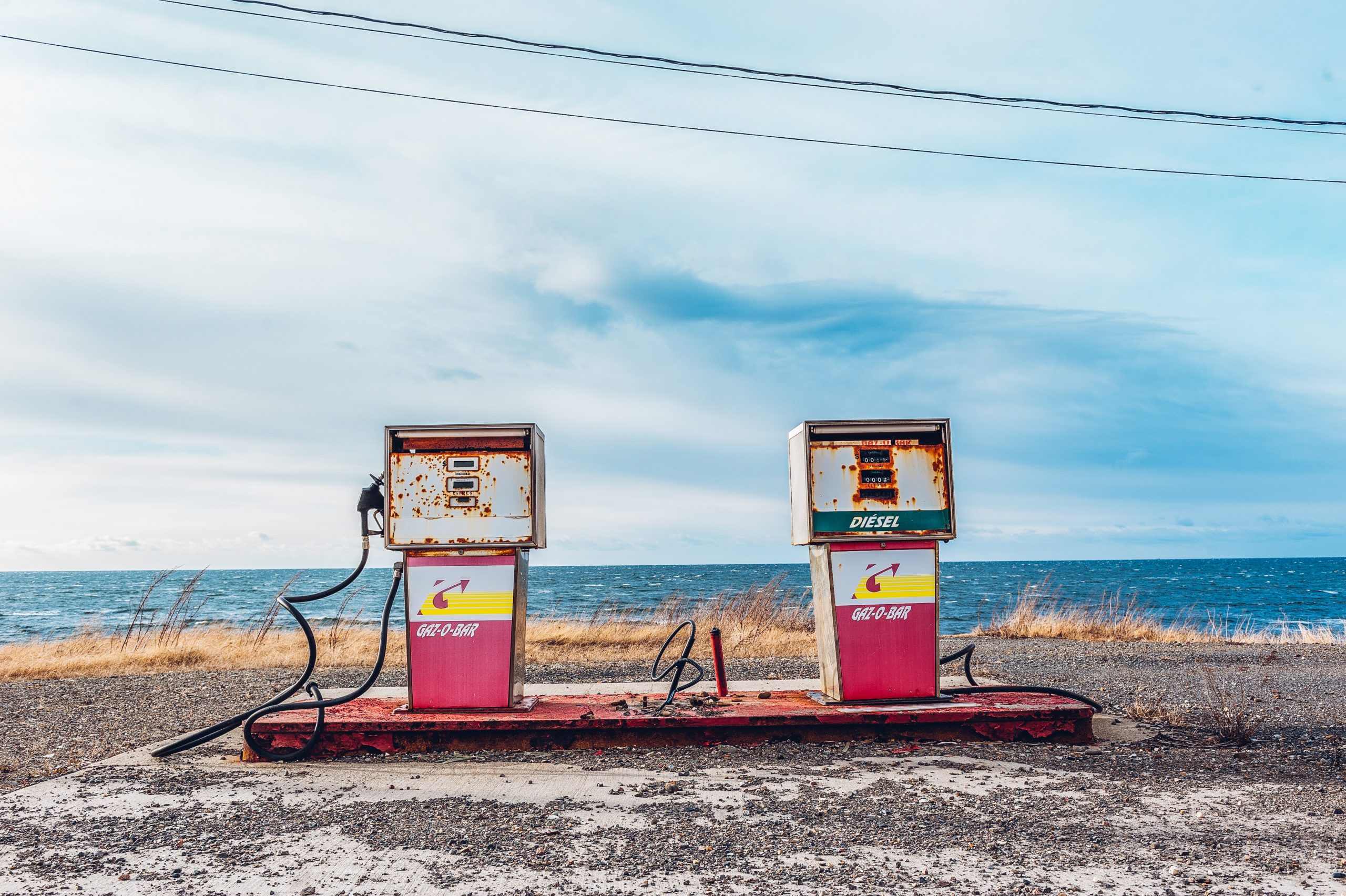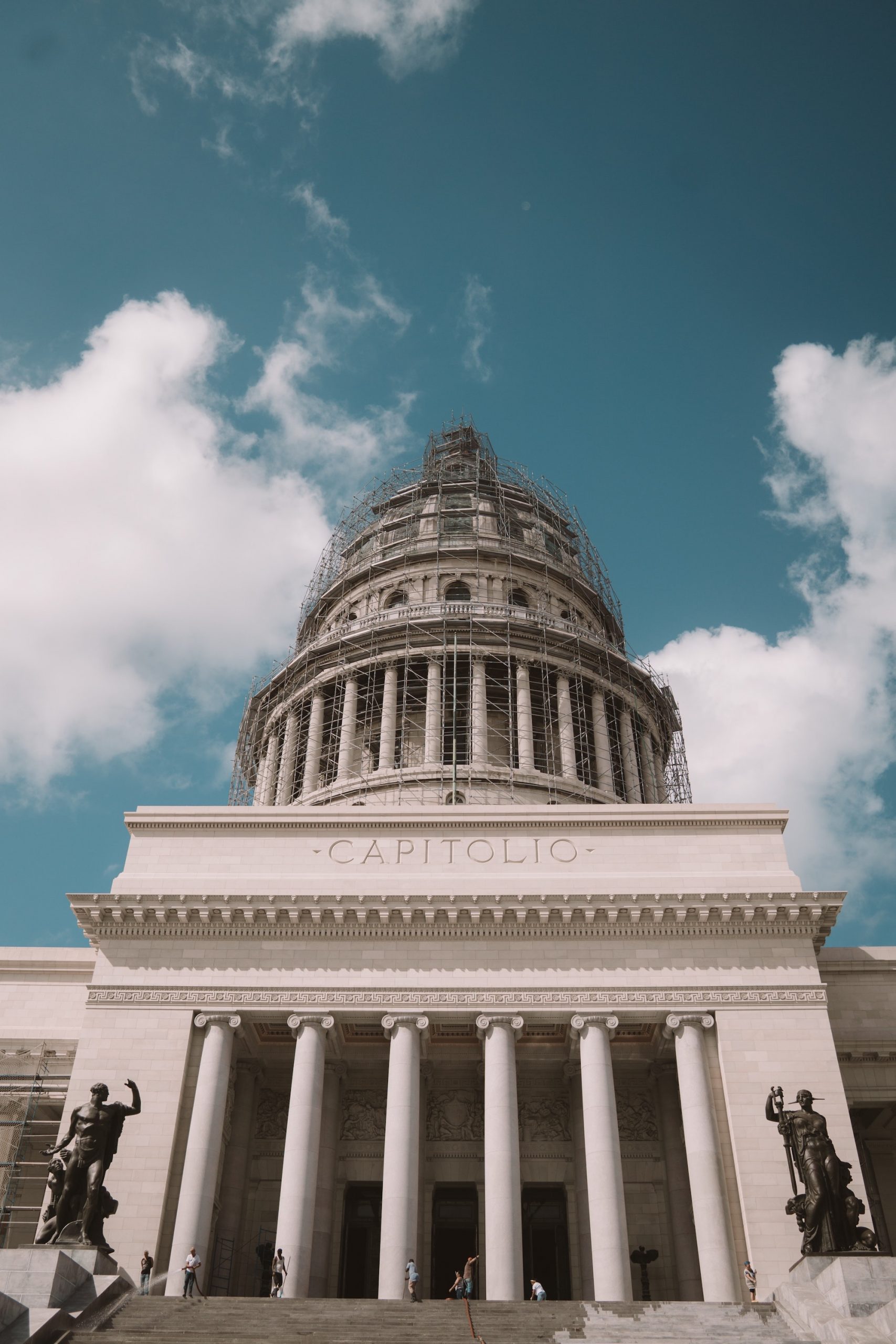I filled my gas tank on Saturday for just $29.50. At this time last year, I was paying about $60. That’s a phenomenal difference.
In my town, the price of gas at the general store (yes, someone comes out to fill your tank), tax included, is just $2.169 per gallon. I’ve heard multiple reports from my friends down south that the price of gas is less than $2.00 per gallon on a regular basis. With prices that low, it would follow that people are driving more and pushing more money into the economy (anecdotally, the owner of the general store says that’s not the case in our area).
With oil prices this low, those whispers about raising the oil tax aren’t just whispers anymore: they’re a full-fledged proposal. Last week, President Obama announced an “oil fee” which would help pay for infrastructure projects including highways and incentives to lower the cost of clean energy.
(You can read the White House’s explanation of the plan here.)
The oil fee – which is actually a tax* – would be phased in over five years. The proposed $10 per barrel oil tax works out to about 25 cents per gallon of gasoline. The tax, which is ostensibly paid by oil companies, is part of President Obama’s 21st Century Clean Transportation System. As part of the plan, the President calls for the expansion of transit systems, making high-speed rail a viable alternative to flying in major regional corridors, and pilot projects for self-driving cars, among other things. He would also use the fee to pay for infrastructure projects and to shore up a bleeding Highway Trust Fund.
The impetus for the new tax is clearly lower prices at the pump. President Obama noted that made it the time right to implement the plan, telling reporters, “Right now, gas is $1.80 and gas prices are expected to be low for the foreseeable future.”
And it’s hardly surprising. Raising the gas tax is often touted when the cost at the pump doesn’t appear quite so painful. Similar arguments were made in 2013 by Rep. Earl Blumenauer (D-OR), who proposed a 15 cent/gallon gas tax increase over three years, and in 2010 by former Sen. George Voinovich (R-OH) who wrote that boosting the tax “just a few cents could help create jobs, improve our infrastructure and better the climate.” Voinovich even channeled Reagan, citing the former’s President’s comments that “Good tax policy decrees that, wherever possible, a fee for a service should be assessed against those who directly benefit from that service.” Under President Reagan, the gas tax increased by five cents per gallon (in 1982); the next increase came under President George H. W. Bush (another nickel, this one in 1990). The federal gas tax currently sits at 18.4 cents per gallon and has since the Clinton administration – despite a $100 billion shortfall in the Highway Trust Fund.
(You can read more about the history of the federal gas tax – which is a per-gallon tax at the pump and not tied to the current proposal – here.)
But less painful doesn’t equal popular. House Majority Whip Steve Scalise (LA-R) called the proposal “dead on arrival,” writing that “The House will kill this absurd proposal, and instead focus on lowering costs and growing our economy.”
Jack Gerard, president and CEO of the American Petroleum Institute (API) said the proposal “is just the latest and most direct expression yet of what has been an increasingly hostile campaign against American consumers.”
While the tax would be levied on oil companies, it’s clear those companies would pass the costs to consumers. Not only would the costs be passed along at the pump but Gerard suggested that it would also affect the price of food and consumer goods – basically “everything that relies on transportation to get to consumers.”
Gerard is clearly right on that point. The reality is that tax increases aimed at corporations are almost always felt by the consumer in some way – either as a direct price increase or a drop in services. That makes a tax on oil unpopular.
But what’s going unsaid is that an oil tax is an easy fix for politicians despite how loudly they might decry it publicly. One, it’s very easy to raise taxes on oil companies and say, quite honestly, that you didn’t directly raise taxes on consumers. But more importantly, it’s far easier to administer and collect than raising corporate or individual income taxes: there’s relatively little wiggle room to underreport, over deduct or evade a consumption-based tax.
That still doesn’t make it an easy sell. And quite frankly, I don’t know that the administration is going to work too hard to push it forward. Americans are rarely in favor of paying more for fuel even when prices are down (again, just look at the history of the gas tax which hasn’t moved in more than twenty years). There’s nothing in the polls to suggest that might change any time soon.
*As a matter of course, a tax is generally considered a revenue raiser while a fee is to recover the cost of providing services. It’s a distinction that can be blurred but word choice matters especially when it comes to legal challenges (see the gun and ammo tax in Seattle and the IRS user fee for tax pros).



